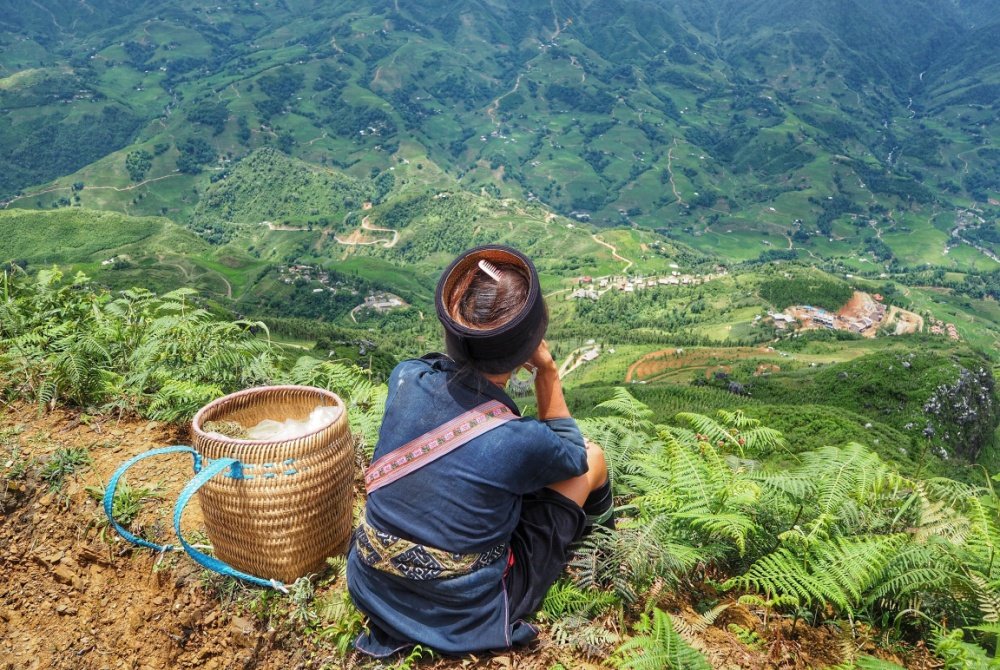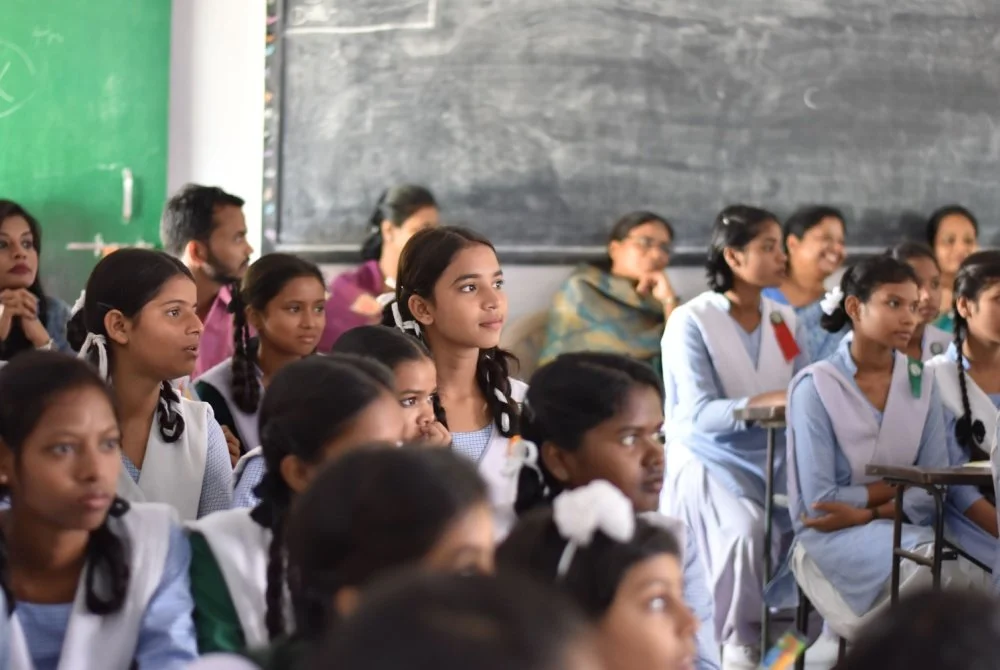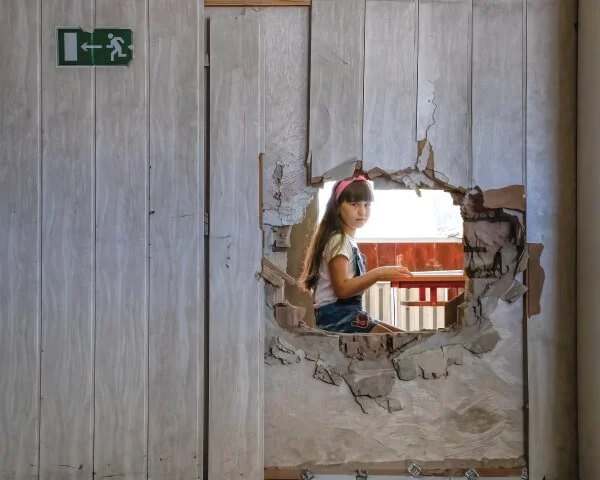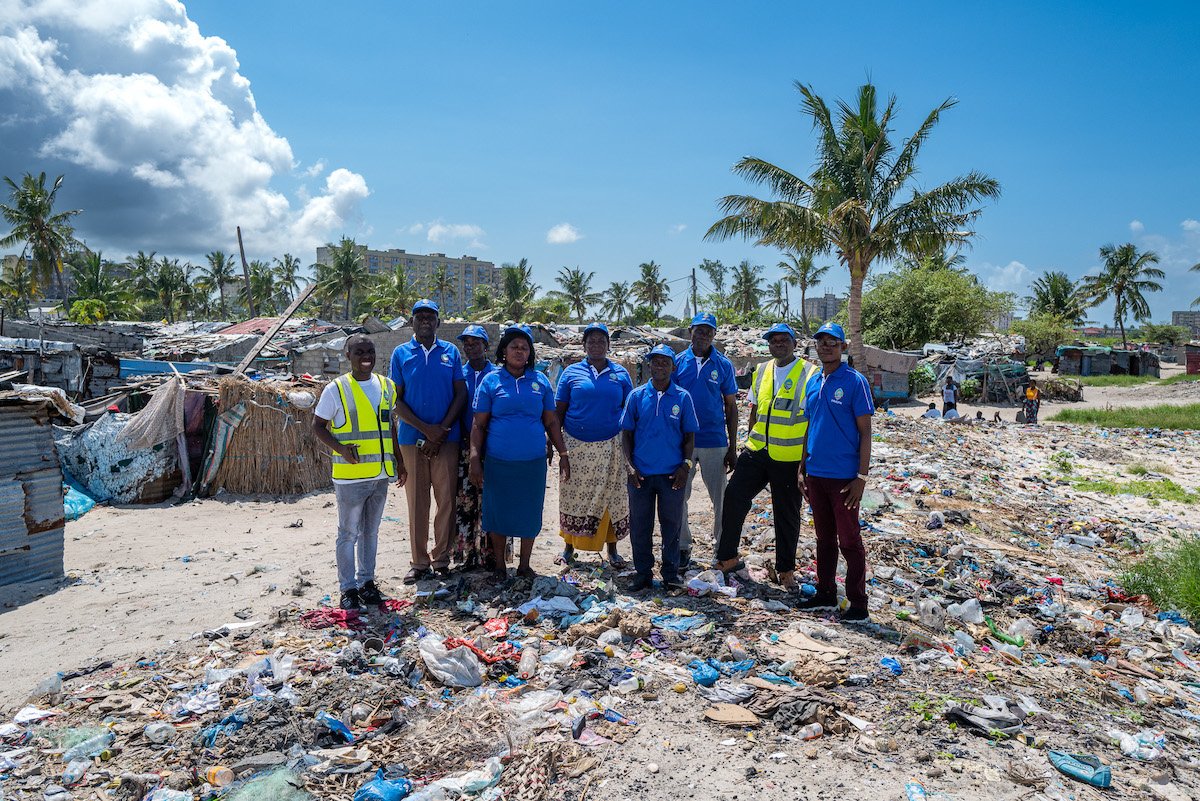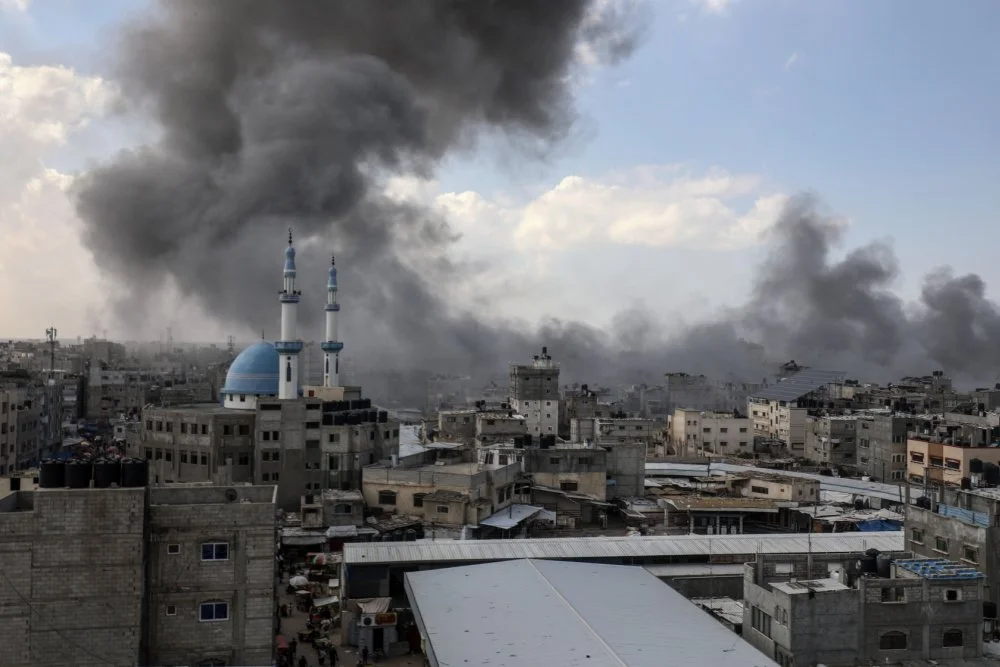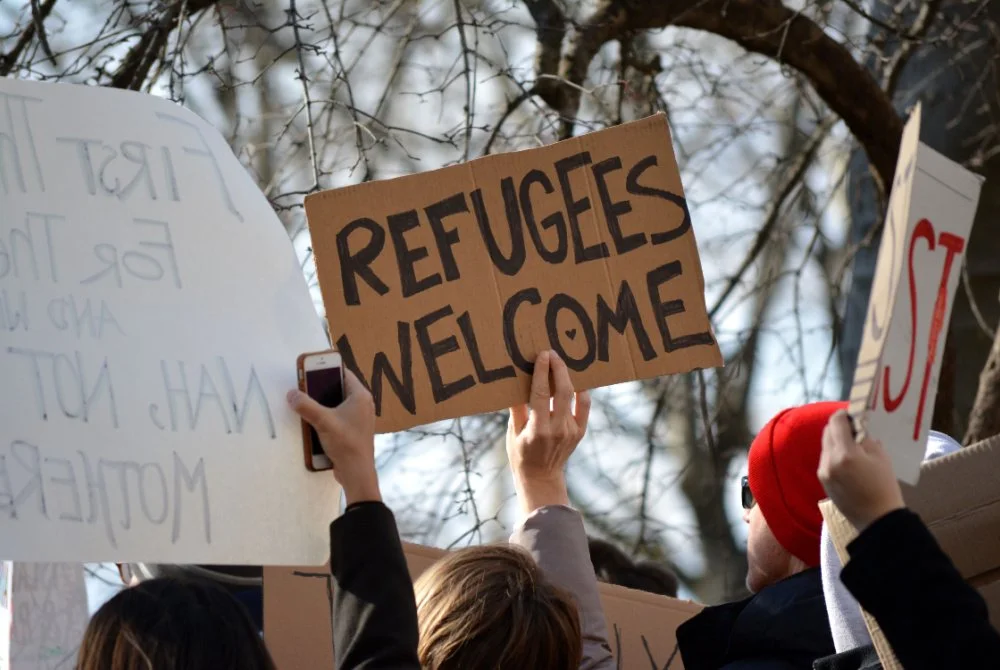Think Different: A Grant Competition Scours the Globe for "Radically New" Solutions
/photo: Dearz/shutterstock
We hear a lot these days about funding competitions that seek to drive innovation or ferret out overlooked big ideas. We also hear a lot about foundations backing collaborations that weave together different approaches, often across disciplines and sectors.
So it’s not surprising to see a competition like the Bridgebuilder Challenge, which was launched in 2017 by GHR Foundation and OpenIdeo to spur innovation around entrenched global problems. It offers $1 million in award money.
We wrote about this competition when it first emerged. It’s now in its second round, guided by an open-ended question: “How might we address urgent global challenges at the intersections of peace, prosperity, and planet in radically new ways?”
GHR Foundation, the funder behind this effort, was founded in 1965, and tends to keep a pretty low profile. It “seeks transformational change in education, health and global development” by placing bets on organizations that take novel approaches to complex global development challenges. While its grantmaking leans toward organizations that hold the founders’ Catholic values, it also backs plenty of secular groups that share priorities such as family unity, helping kids in need of family care, and advocating for systemic change in child welfare practices and policies.
For its part, OpenIdeo is more of a facilitator. It aims to create long-term partnerships with leading development organizations “to drive collaboration, innovation, and impact around the world’s toughest problems.”
The radical “new ways” offered up by 2017 winners of the Bridgebuilder Challenge included ethical gold mining as a pathway to peace in the Democratic Republic of the Congo (Peace Direct); tree-planting drones for restoring mangroves and livelihoods in Myanmar (BioCarbon Engineering); creative skills for peace among youth violent offenders in Cameroon ( Local Youth Corner Cameroon); lifting up and empowering families on Chicago's South Side (LIFT Chicago); and (connecting displaced persons with Arabic language learners around the world (NaTakallam).
This diverse set of winners beat out a field of 650 competitors from 185 countries. Each idea is receiving a share of $1 million in funding, as well as support from the GHR team as they seek to transform their concepts into tangible, real-world impact.
The challenge process has a number of phases, and takes around six to seven months from idea submission to funding. Submissions are accepted from nonprofit, civil society, community-based and for-profit organizations working anywhere in the world. Ideas must touch on two or more of the topic areas, which are “peace, prosperity and planet.” The challenge is looking for action-centered ideas that “create unique encounters between people, issues and beliefs that promote meaningful engagement, greater social cohesion and sustainable, community-led change.” The ideas should have timelines up to 36 months and budget requests of less than $500,000.
Once the submission period ends, applications are reviewed by the OpenIdeo team, who offer constructive criticism and feedback for the contributors that have made it to the shortlist. This is followed by additional feedback from experts and a two-week time frame during which the shortlisted teams work on improvements. After that, a final evaluation is conducted and the top ideas are announced.
For this year’s Bridgebuilder Challenge, the organizers have used participant feedback to design even more transparent evaluation criteria and added new tools and resources. Perhaps most significantly, they’ve honored a commitment to diversity by translating the challenge materials into seven languages.
“The broad response to BridgeBuilder in just its first year was truly inspiring, yet we recognize a need for resources to reach even deeper into communities around the world,” Chris Berger, GHR Foundation director of communications, told Inside Philanthropy.
Berger said the organizers were striving to “meet people where they are” so every individual would feel included and supported.
Running a challenge competition on this scale is not without its… challenges.
Amy Goldman, GHR Foundation CEO, offered a heads-up to anyone considering a similar approach, calling BridgeBuilder “labor-intensive when evaluating hundreds of ideas, managing community, providing support to participants and finding connections between ideas.”
Goldman said the organizers recognized how this workload would have “stretched the foundation beyond its capacity.” She said the partnership with OpenIDEO made it possible to scale up the process and create the open challenge that was their vision.
Bridgebuilder isn’t alone in harnessing the challenge model to solve global problems. The Gates Foundation has been running its Grand Challenges competitions for years, while all the finalists for the MacArthur Foundation’s 100&Change “big bet” competition were tackling global health and development fields.
As the competition model has become a more popular approach to grantmaking, we’ve written often about the pros and cons of this approach. One major upside of competitions is that they throw the door open to newcomers or small outfits that might otherwise not get a hearing from major funders. A downside is that contestants can end up wasting a lot of time and energy.
Related: The Perils of All These Prizes
Looking at the extraordinarily diverse group of ideas that came out on top in last year’s challenge, one thing is clear: Bridgebuilder is making progress toward reaching organizations from around the world. It’s encouraging to see a funder live up to its talk of diversity, and then go the extra mile by translating its materials into multiple languages.
While it’s not easy to keep track of the all grant competitions going on these days, Bridgebuilder is definitely one worth keeping an eye on—especially for funders who are thinking of launching their own such program.
Related:




